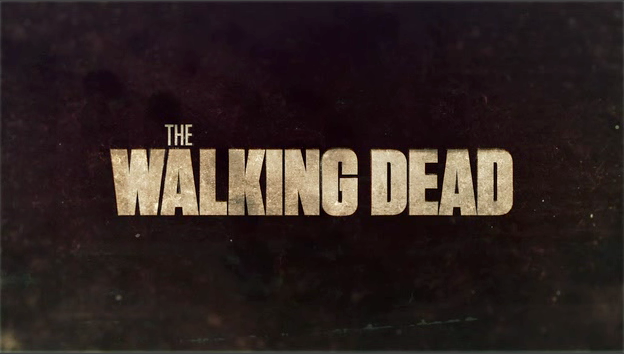Cable vs. Broadcast Television: A No-Brainer
Huh. That’s interesting. AMC won six Emmys in 2010. And HBO won 25 Emmys. Mad Men won the Emmy for Best Drama Series for the third consecutive year and Breaking Bad’s Bryan Cranston won the Emmy for Best Actor in a Drama also for a third consecutive year. Noticing the trend?
Cable networks like AMC, TNT, and HBO are effectively kicking the broadcast networks’ asses up and down the airwaves, both critically and financially. Why is it that shows like Showtime’s Dexter or TNT’s The Closer, getting so much more critical love than The Big Bang Theory or Two and a Half Men? Why are so many talented directors moving from the networks to cable programming? The answer simply boils down to what every show creator and director wants and needs: money and control.
In an interview with the A.V. Club, Frank Darabont, creator and showrunner of AMC’s hit drama The Walking Dead and writer of such classic films as The Shawshank Redemption, said that he could never have made The Walking Dead on one of the major networks: “You know, if I was doing this for one of the big three… I can’t even begin to imagine the restrictions and restraints and conversations we’d be having. I wouldn’t have gotten through the first day of shooting.”
The edge that cable has over broadcast TV that subsequently leads to auteurs like Darabont to choose cable programming begins financially. Broadcast TV only has one way to make money: advertising. Every decision made towards

getting a television show on network television has to ultimately please advertisers, or the show will make no money and the network suffers for it. Cable programming relies on two revenue streams: advertising and subscriber fees. Cable networks are not at the mercy of advertisers like the major networks are; for this reason, it is much cheaper to produce a show on cable, creating less risk for executives when they put creative control in the hands of directors like Darabont.
So if you’re a TV mogul with a great new idea for a show, why bother with going through the endless red tape and hassle that comes with network programming when you can put out a product that purely reflects your vision for less money and get the same critical success that any network show may receive? In the end the decision becomes a no-brainer. The networks have had their time; now it is time for the rise of cable programming.


There are lots of digital subscriber line web suppliers, yet as this technological innovation retains transforming, companies have a tendency to appear and disappear quickly. On the other hand, dsl support continues to be …dsl
Please remove any content from user Xeworlebi. He was banned from Wikipedia as an active editor, and the content is most likely copyright infringement. He has made many posts regarding his illegal downloads.